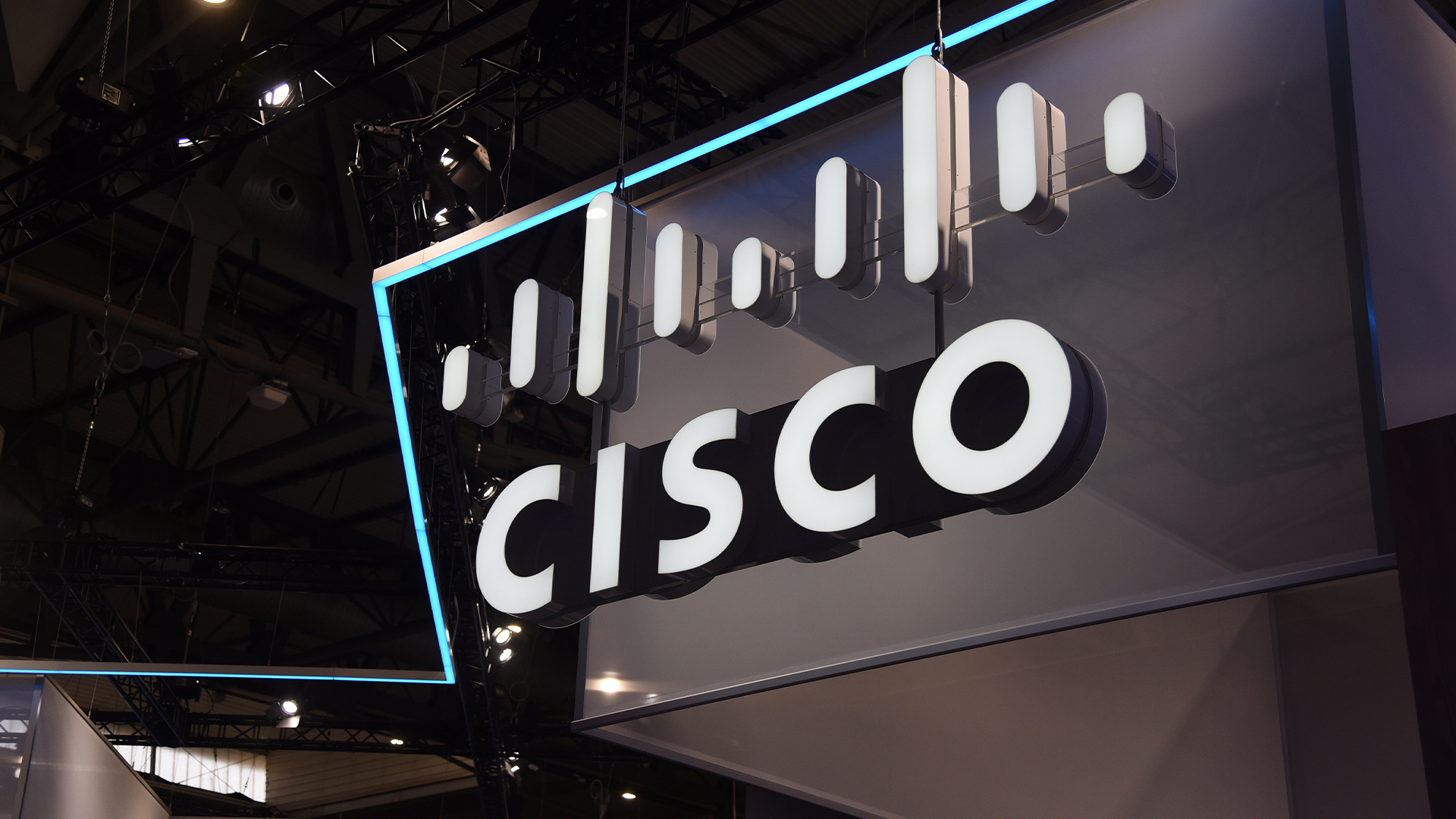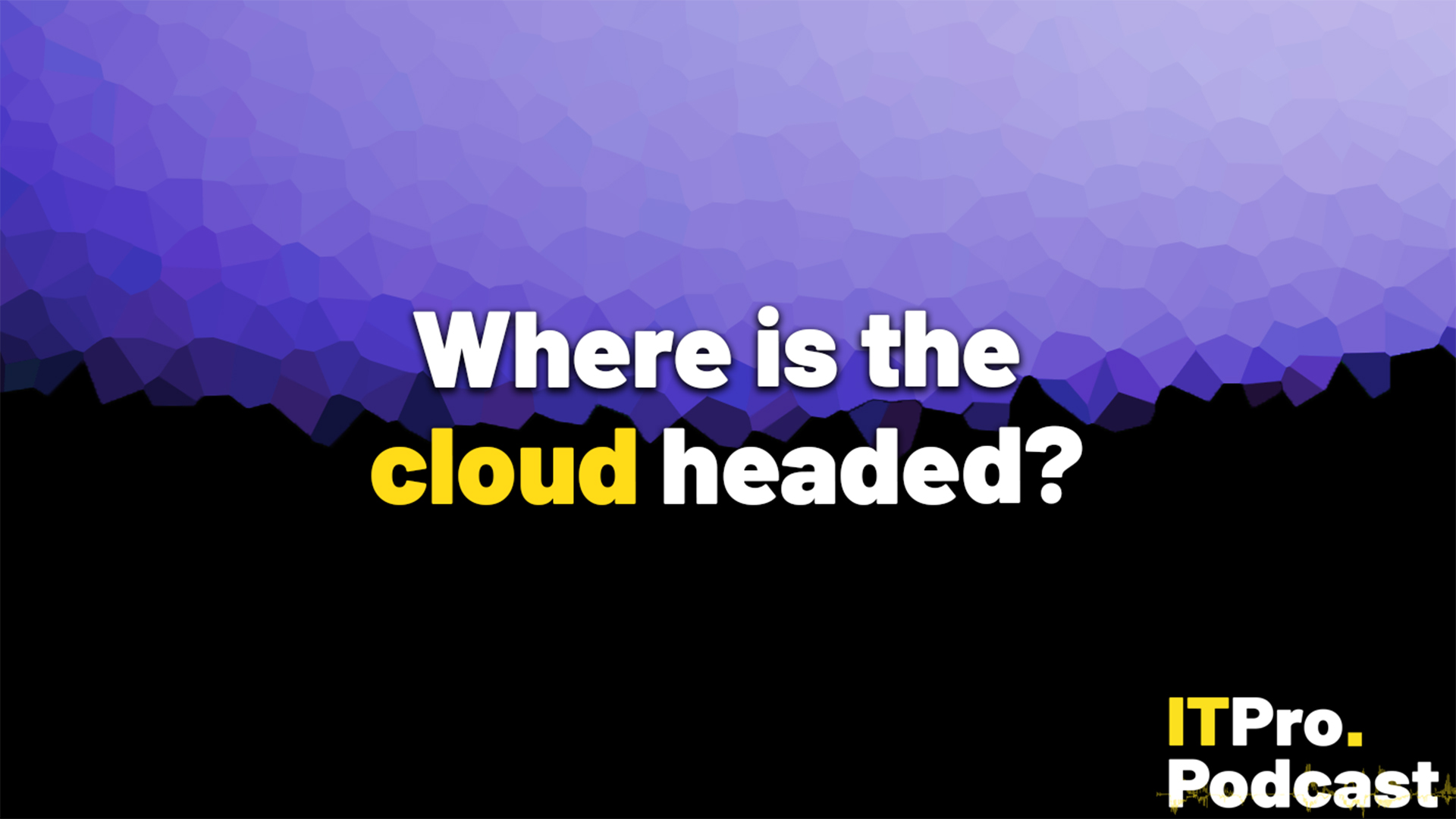RSAC Conference Day One: Vibe Is 'All In' on AI for Security
Artificial intelligence took center stage as RSAC Conference looks at how the discussion has moved from generative AI to agentic AI
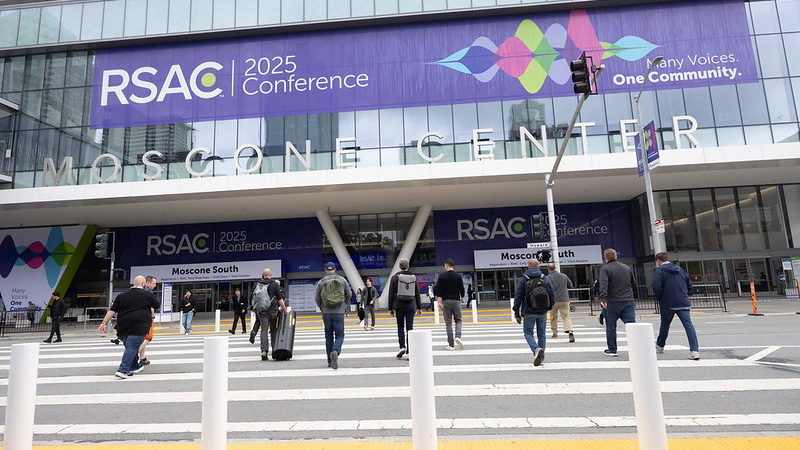
Artificial intelligence dominated as an opening day theme of the RSAC Conference, commanding attention from established security vendors and startups alike.
"AI [has] changed everything," Hugh Thompson, the conference's executive chairman, said in opening remarks for the annual security event. "The way that attackers operate is changing dramatically – the pervasive use of AI, the rapid adoption of AI, the security implications of that, massive changes to what we do, and how we might do it."
Generative AI technologies like ChatGPT, DeepSeek, and Copilot, were the catalyst for the momentum around AI. But AI discussions highlighted at RSA have moved beyond generative AI to agentic AI; application of AI to traditional security domains, especially in the security operations center; AI-driven application security; defending against adversarial attacks on large language models (LLMs); and compliance and governance.
In a keynote, Vasu Jakkal, corporate vice president for security at Microsoft, called agentic AI one of the most exciting inventions of our time due to its ability to "help us achieve rapid competency in not just one domain, but across all."
With that said, Jakkal contended security is a key early adoption area for AI. "I do fundamentally believe AI has the best use case, or definitely the most serious use case, in security," Jakkal said.
In another keynote, Cisco Executive Vice President and Chief Product Officer Jeetu Patel also predicted that security would be a key driver for AI adoption, which he framed as ironic given security practitioners' tendency to put the brakes on new technologies.
"Security is actually getting to be one of the largest accelerators of AI adoption in the market today, and it's actually fascinating to see, because in the past, security used to be an inhibitor for adoption," said Patel, attributing that turn of events to the market need for assurances of safety when it comes to letting AI agents loose inside corporate environments.
Get the ITPro daily newsletter
Sign up today and you will receive a free copy of our Future Focus 2025 report - the leading guidance on AI, cybersecurity and other IT challenges as per 700+ senior executives
To that end, Patel announced that Cisco was releasing its own open source AI model built specifically for security purposes on Monday. "We're using general models out there in the [security] market, and what the security community needs right now is its own AI model," he said. "If you want to solve hard security problems, you want to make sure that those models that are built for solving those problems are purpose-built for security. They aren't the same model that's also used to write poetry."
At the startup end of the market, the annual RSA Innovation Sandbox competition also delivered a heavy dose of AI. Of 10 finalists presenting their elevator pitches to a panel of VC and other industry luminaries Monday morning, seven of the companies had prominent AI components to their businesses.
"We all know agentic is the future," Benny Porat, co-founder and CEO of Twine Security, said in his pitch. Another participant, Eran Barak, co-founder and CEO of MIND, said, "We are currently living in the AI era, which is both inspiring and alarming."
While judges had selected the finalists out of 200 submissions, they also had tough questions for the startups that reflected some of the AI-related issues the security industry is wrestling with.
Of Twine's plan to deploy multiple AI agents for security purposes, Niloofar Razi, operating partner at Capitol Meridian Partners, had concerns. "They say controlling AI is like trying to keep Frankenstein's monster under control," she said. "It's built from a lot of parts and once it's alive it doesn't always do what its creator asked it to. So you guys are planning on launching a lot more agents. Are they going to be intelligent, are they going to learn from each other, and if they are, how do you control the chaos?"
Of a contestant planning to use AI to check on the validity of another AI process, independent researcher Paul Kocher worried about the resource demands that already have major AI providers looking to reopen shuttered nuclear power plants or build new, small reactors.
"If every AI query generates more queries to check whether the inputs and outputs are appropriate, then we just have this infinitely spiraling set of compute costs and power consumption," Kocher said. "Is this really scalable?"
Moinul Khan, co-founder and CEO of Aurascape AI, articulated the bullish attitude shared by many security executives at RSAC.
Asked how much an enterprise would spend on their AI-focused solution relative to their spending on more traditional security technology like firewalls, Khan expressed confidence in the trajectory of the market.
"We are only focusing on AI. But our theory is that in the next couple of years, when AI becomes mainstream, we are going to be much more relevant," Khan said.
Scott Bekker is an analyst with ActualTech Media. For 20 years, Scott edited and reported for technology magazines focused on enterprise technologies and the IT channel.
-
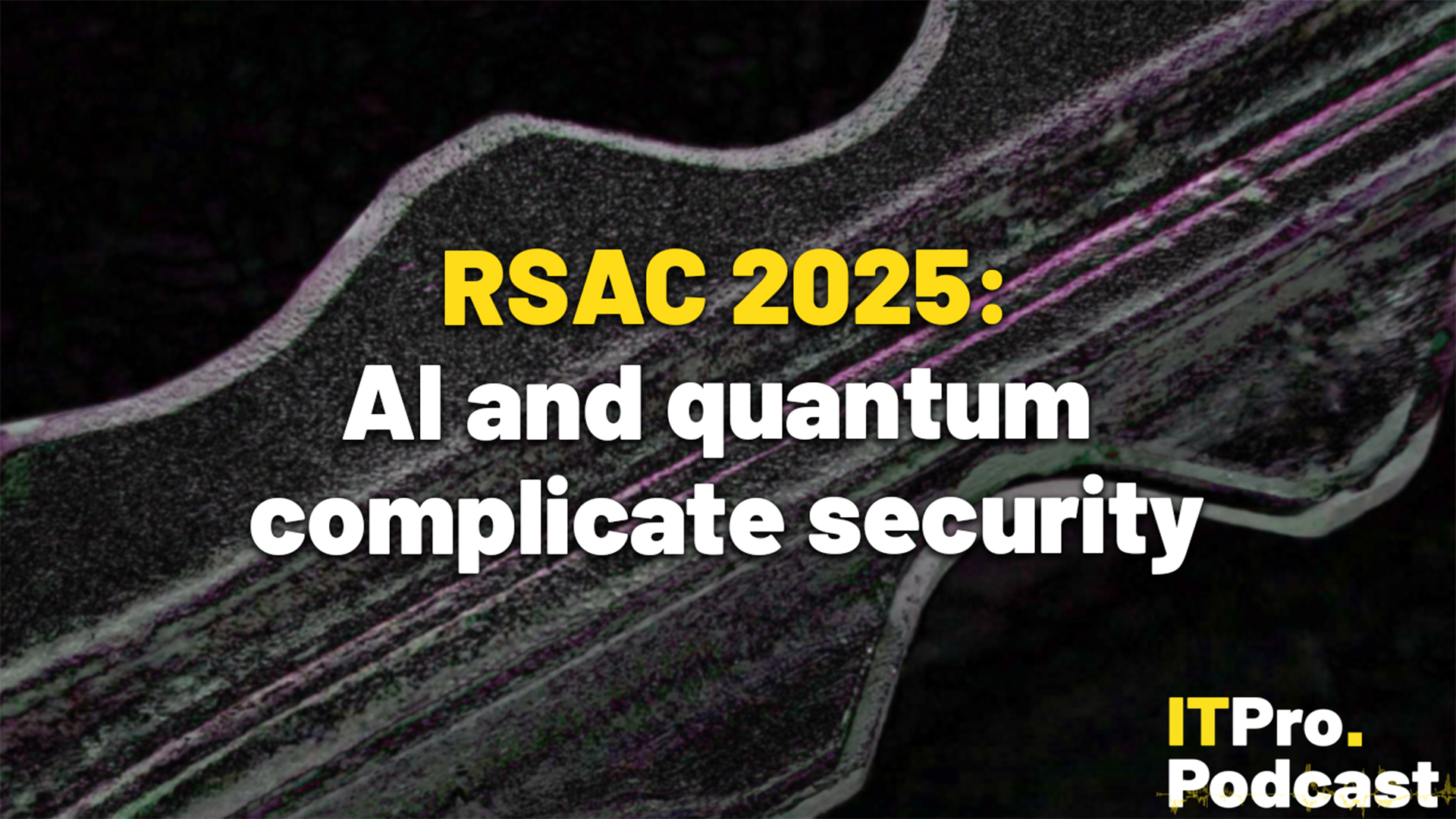 RSAC Conference 2025: AI and quantum complicate security
RSAC Conference 2025: AI and quantum complicate securityOrganizations are grappling with the complications of adopting AI for security
-
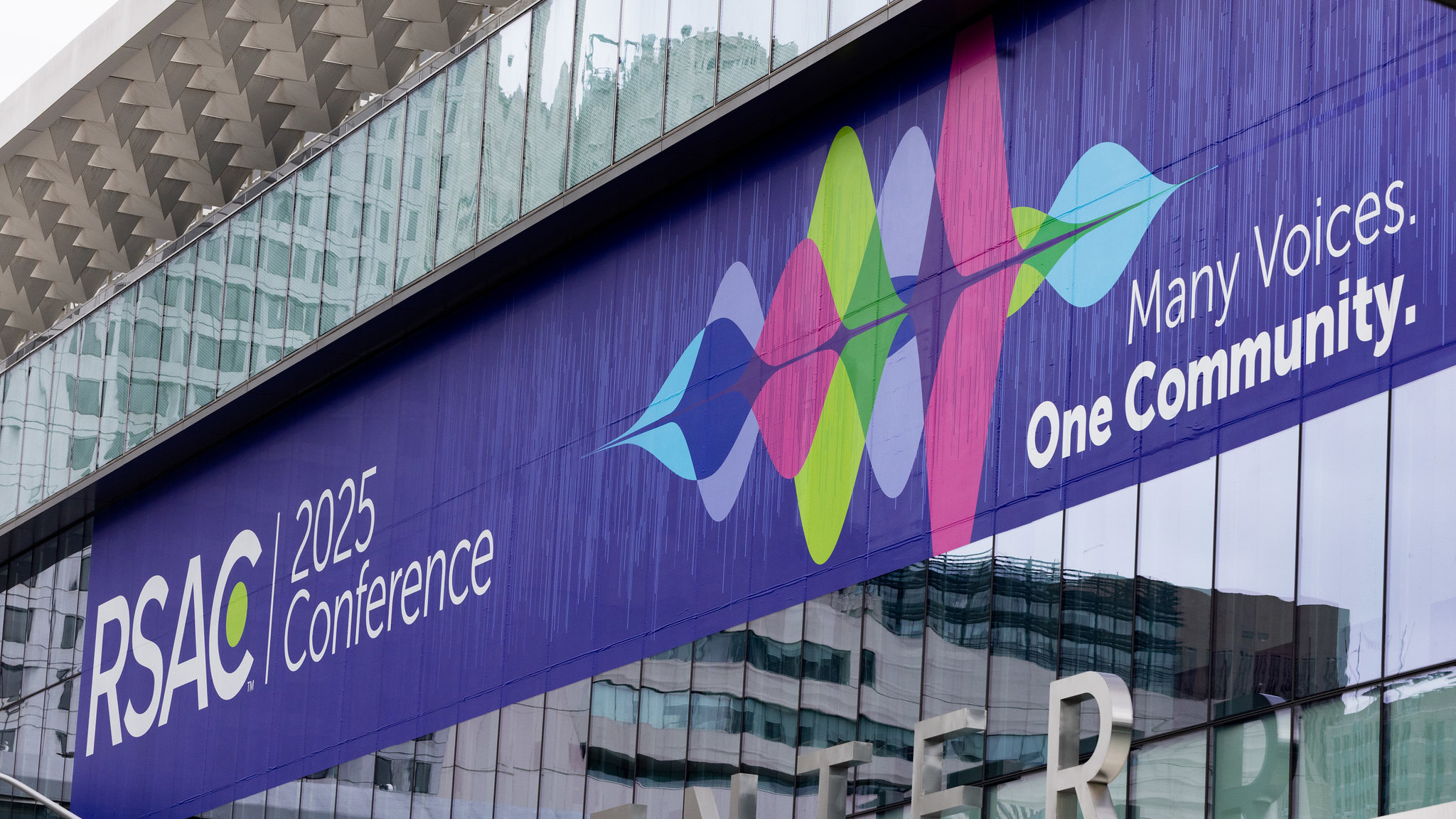 RSAC Conference 2025 was a sobering reminder of the challenges facing cybersecurity professionals
RSAC Conference 2025 was a sobering reminder of the challenges facing cybersecurity professionalsAnalysis Despite widespread optimism on how AI can help those in cybersecurity, it’s clear that the threat landscape is more complex than ever
-
 RSAC Conference day three: using AI to do more with less and facing new attack techniques
RSAC Conference day three: using AI to do more with less and facing new attack techniques -
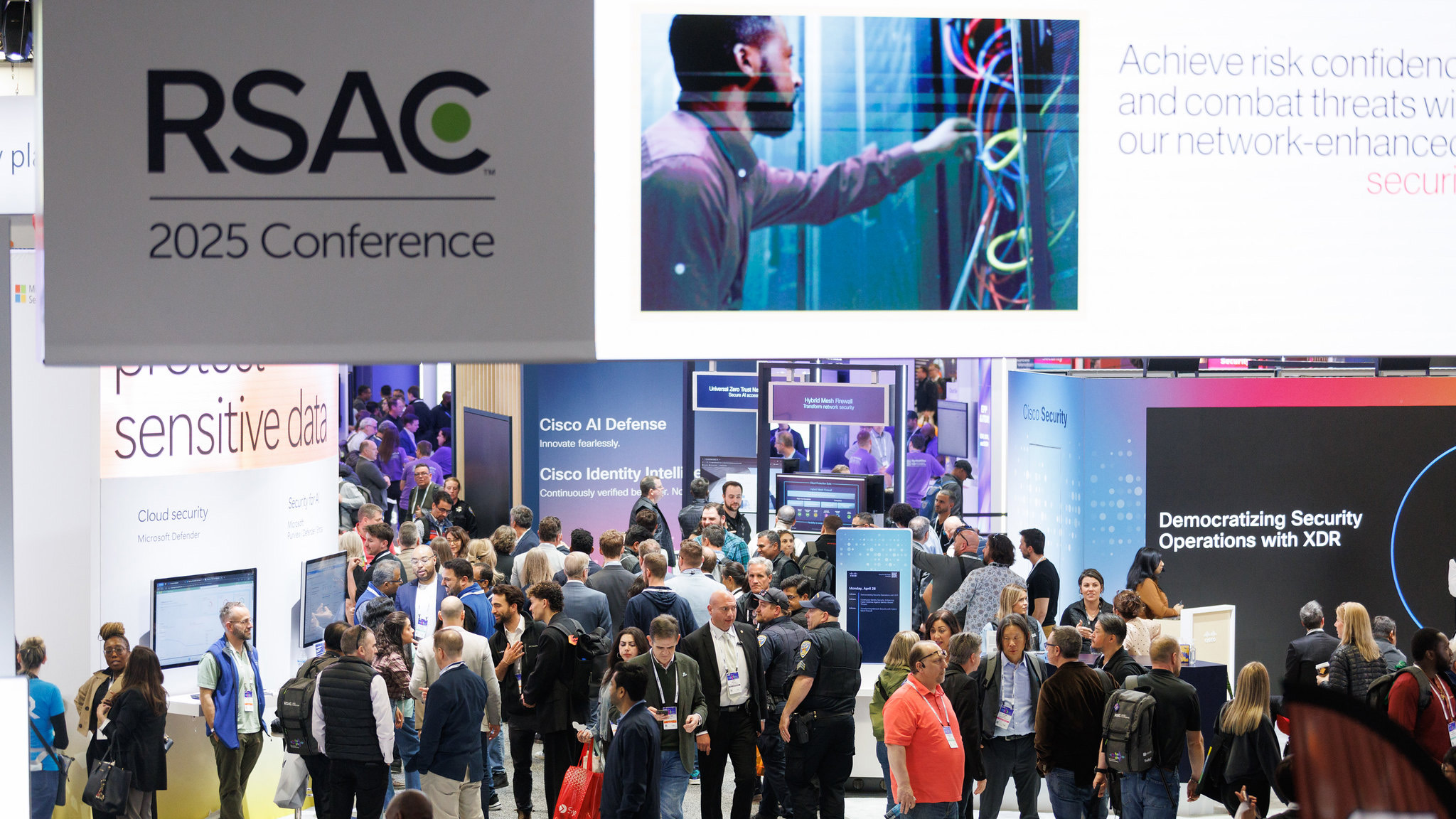 "There needs to be an order of magnitude more effort": AI security experts call for focused evaluation of frontier models and agentic systems
"There needs to be an order of magnitude more effort": AI security experts call for focused evaluation of frontier models and agentic systemsNews Evaluating the risks of dynamic, evolving AI networks is slow work for cybersecurity analysts
-
 Cyber defenders need to remember their adversaries are human, says Trellix research head
Cyber defenders need to remember their adversaries are human, says Trellix research headThere's a growing overlap between nation-state actors and cybercriminals, but these attackers are real people who make mistakes
-
 RSAC Conference day two: A focus on what attackers are doing
RSAC Conference day two: A focus on what attackers are doingFrom quantum to AI, experts discussed how new and experimental technologies could be used by hackers to access and decrypt sensitive data
-
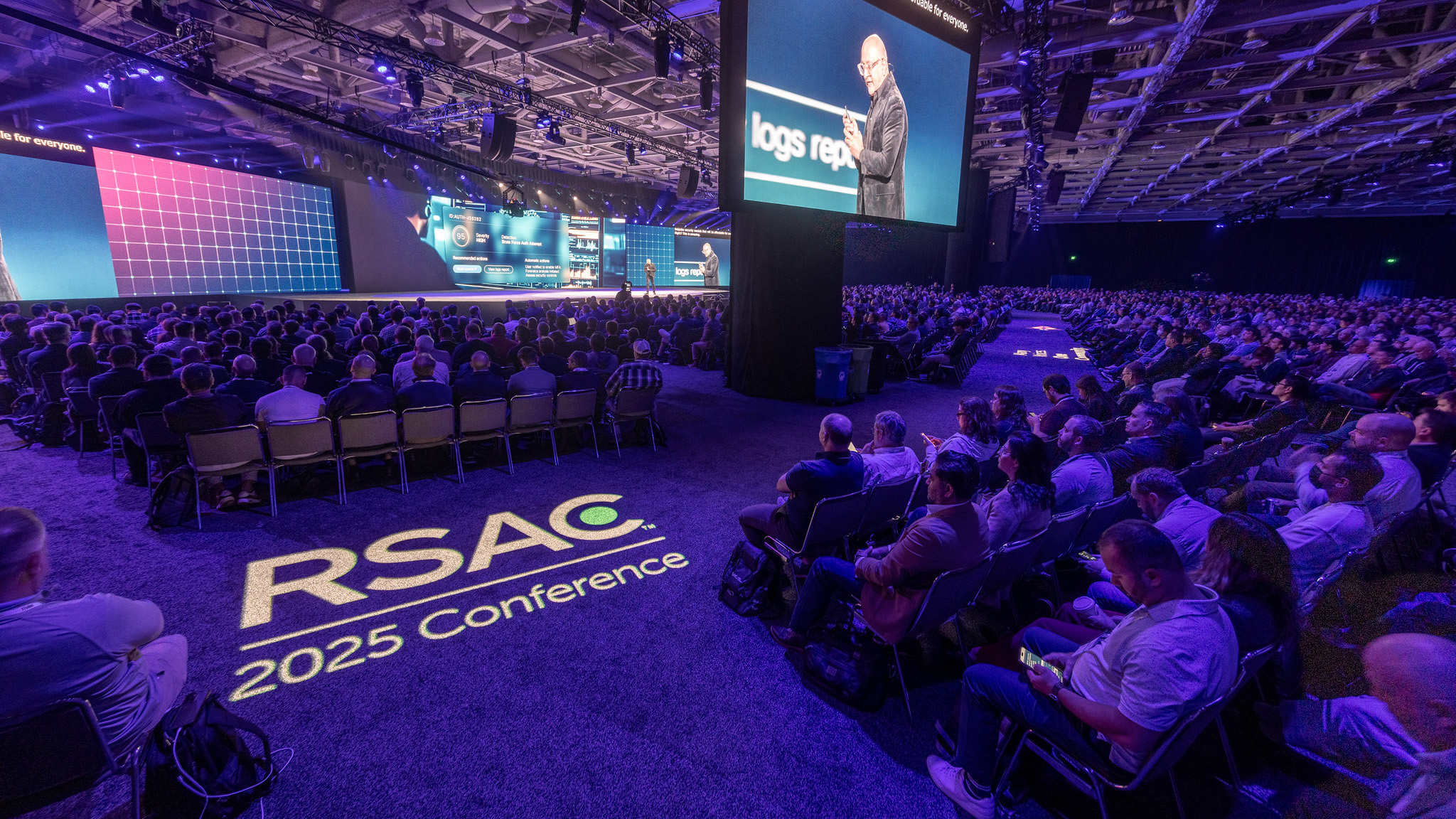 RSAC Conference 2025 live: All the latest from day three
RSAC Conference 2025 live: All the latest from day threeLive blog ITPro is covering RSAC Conference 2025 live – find out all the day-three news right here
-
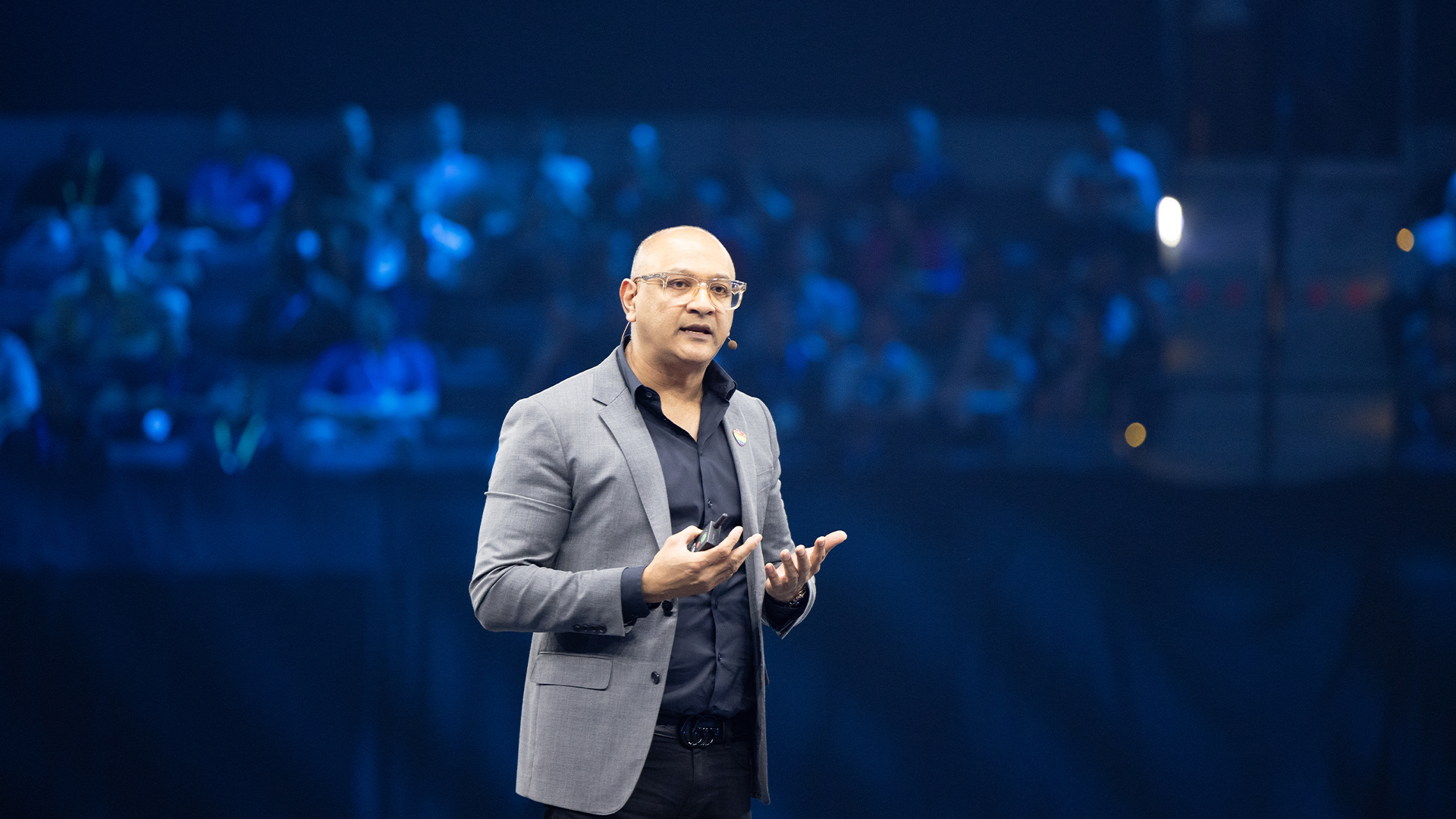 Cisco takes aim at AI security at RSAC with ServiceNow partnership
Cisco takes aim at AI security at RSAC with ServiceNow partnershipNews The companies claim Cisco AI Defense and ServiceNow SecOps will help address new challenges raised by AI
